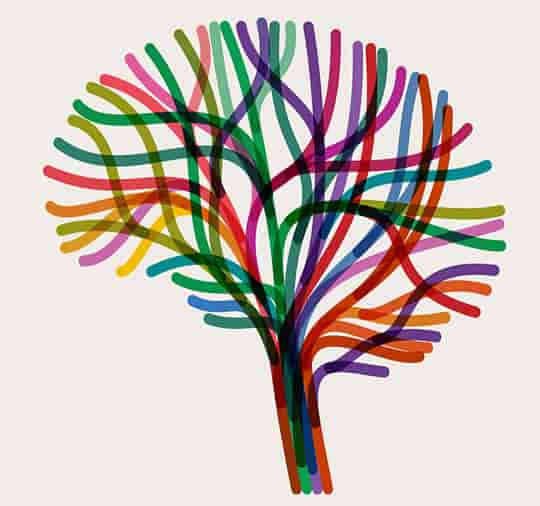Around one-in-five people is thought to have this personality type.
People with a type D personality have three times the risk of developing psychological problems, research finds.
A type D personality refers to a person who is distressed and experiences more negative emotions, social inhibition and pessimism.
The personality type is linked to anxiety, depression and general poor mental health.
People with type D personalities tend to agree with statements like:
- “I am a closed kind of person.”
- “I often feel unhappy.”
- “I am often down in the dumps.”
Type D people are fearful of rejection if they express their negative emotions.
Around one-in-five people is thought to have a type D personality.
Ms Viola Spek, the study’s first author, said:
“Type D patients tend to experience increased levels of anxiety, irritation and depressed mood across situations and time, while not sharing these emotions with others because of fear of disapproval.
We found that Type D personality predicts mortality and morbidity in these patients, independent of traditional medical risk factors.”
The conclusions come from a study of 6,121 patients with heart problems.
The results showed that those with type D personalities were at three times the risk of cardiovascular problems like heart attacks and heart failure.
A further analysis of 49 separate studies found that type D personalities are at higher risk of psychological problems.
Dr Johan Denollet, study co-author, said:
“Type D personality and depression are distinct manifestations of psychological distress, with independent cardiovascular effects.
Our findings support the simultaneous use of depression and Type D measures to flag high-risk patients.”
Personality types
It was two cardiologists who originally came up with the idea of type A and type B personalities.
They found that type A personalities, who are competitive, hostile and aggressive, are at a higher risk of heart problems than people with a type B personality.
Type Bs are typically easy-going, relaxed and patient.
Studies have been equivocal on whether this dichotomy is useful.
This categorisation of personality types has now been superceded by the Five Factor Model, which classifies personality on five dimensions:
- openness to experience,
- conscientiousness,
- agreeableness,
- neuroticism,
- and extraversion.
However, type D personalities may provide a useful categorisation beyond the Five Factor Model.
A previous study found that heart failure patients who also had a type D personality were six times more likely to be in a worse state of health.
The study was published in the journal Circulation: Cardiovascular Quality and Outcomes (Denollet et al., 2010).










